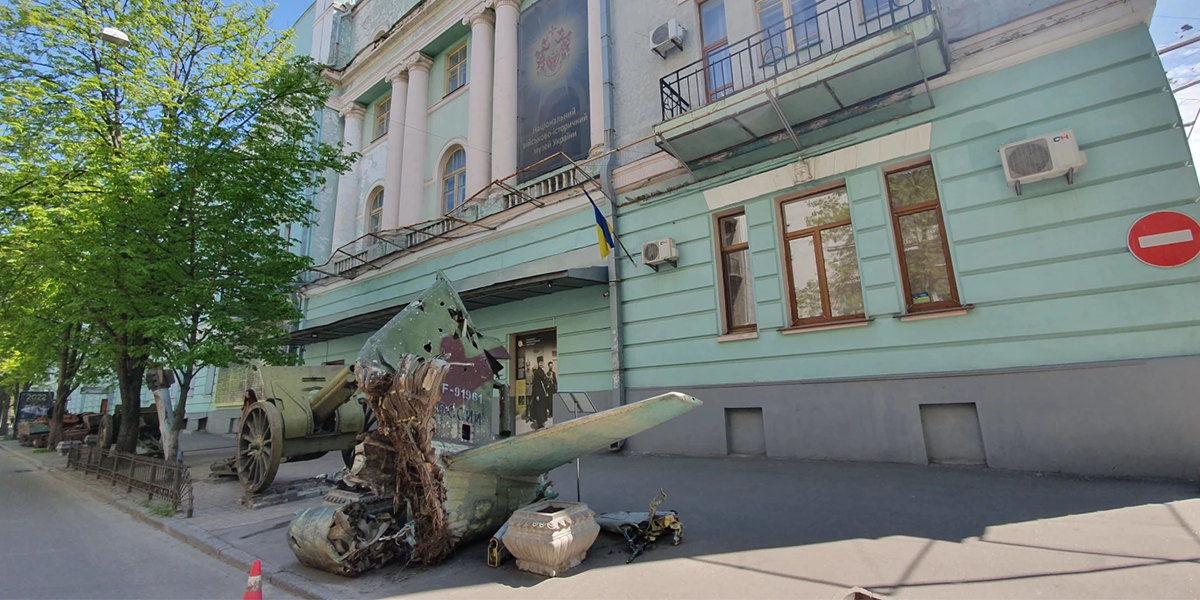News
From Russia with Lavrov — His 'Charm' Offensive in Africa Should Meet No Love
African democrats must close ranks in defence of Ukraine. It's absolutely in our interests to do so. To ally with Russia is to side with authoritarianism and against human rights and international law, and places those who do on the wrong side of morality and history.
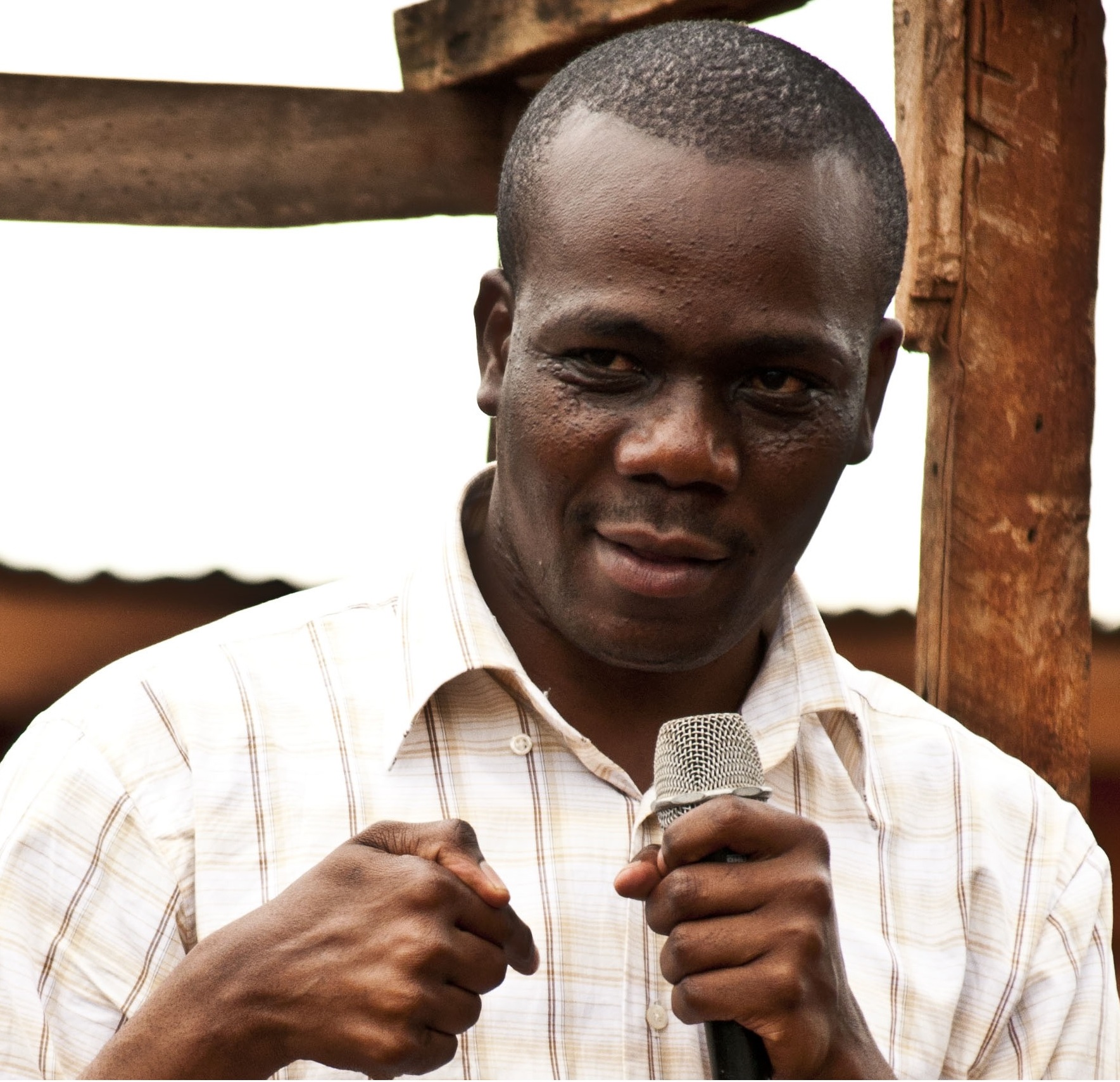
Leader, ACT—Wazalendo, Tanzania
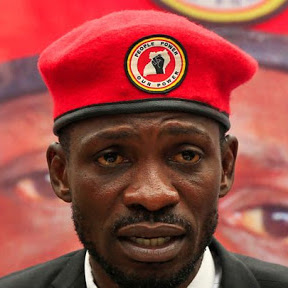
Opposition Leader, Uganda
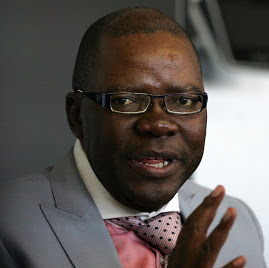
Former Minister of Finance, Zimbabwe
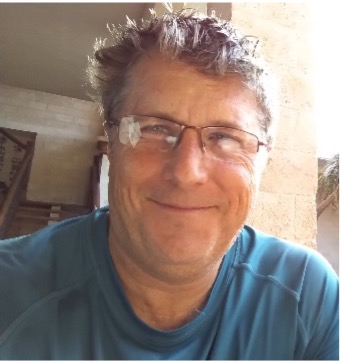
Director, The Brenthurst Foundation
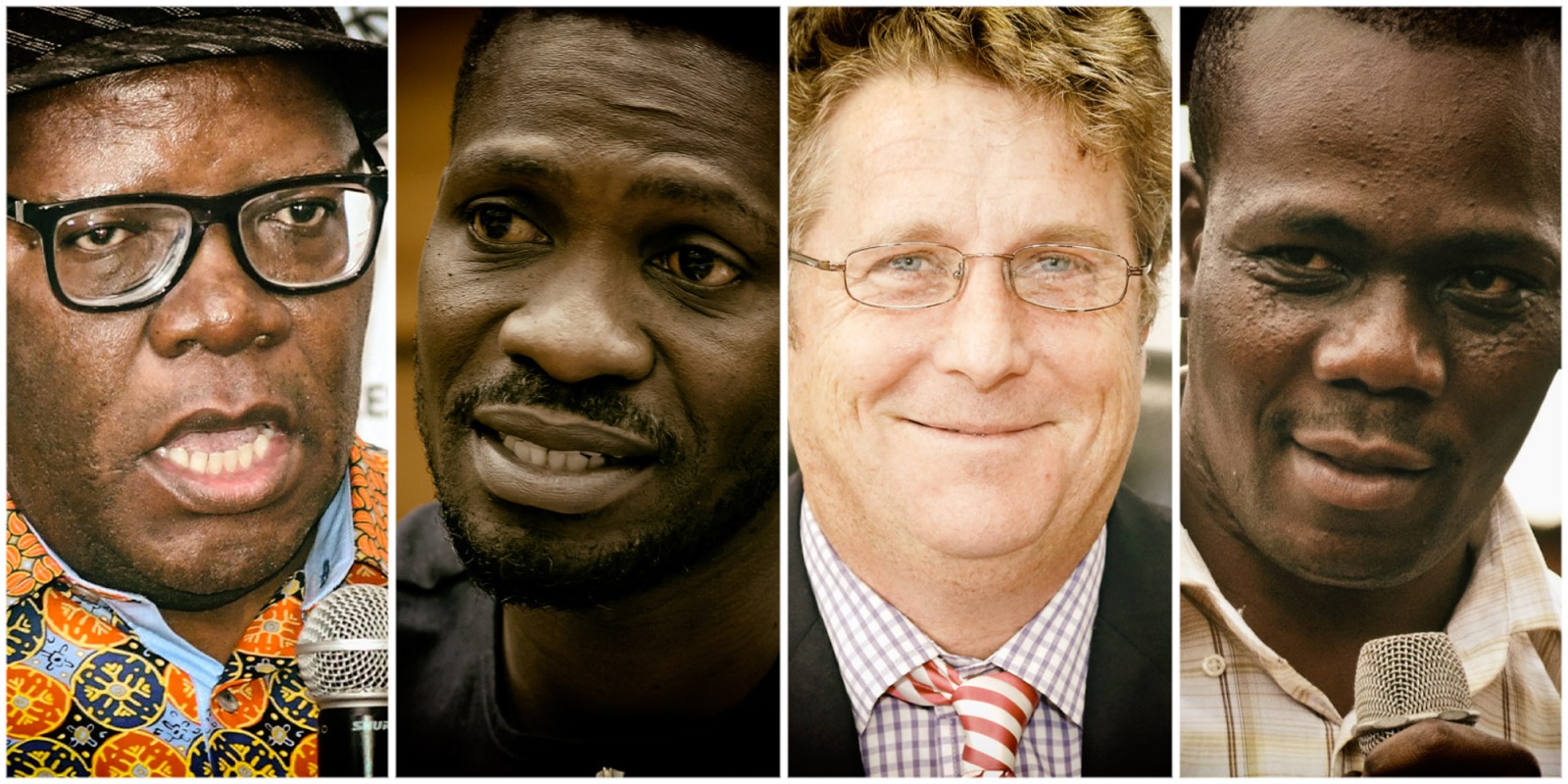
Strange things are happening. A government that has invaded its neighbour and is using artillery and missiles to level its cities, one by one, killing thousands of civilians and damaging the global economy, is conducting a charm offensive in Africa.
Leave aside for the moment the obvious irony — Africa's horrific experience of colonial overlords and their violent means — and focus on the here and now: Russia's aggression has caused a global economic meltdown in which Africans are going to be among the primary victims.
In normal years, Ukraine provided 11% of cereal supplies and half of vegetable oil exports worldwide. States in North Africa and the Horn of Africa are particularly vulnerable. Egypt and Ethiopia both received more than one-quarter of their wheat from Ukraine, Morocco 15%, Libya 40% and Tunisia more than 45%. In Somalia, which is 100% dependent on wheat imports, more than two-thirds were in 2021 sourced from Ukraine.
With farmland seized and mined and Ukrainian ports blockaded by Russia, global prices have skyrocketed. Cereals, for instance, were up by more than 56% year-on-year this May.
Inflated prices of fuel and food might make Europeans uncomfortable, but to Africans they can be the difference between life and death as famine threatens the poorest.
And food, along with the related jump in fuel and fertiliser costs, is pushing up inflation across our economies. For example, in Tanzania, the price of paper for newsprint has tripled since the Russian invasion. In Zimbabwe, the cost of cooking fat is now $9 for five litres and bread $2 a loaf, while meat is basically unaffordable. The country has for all, bar the elite, become de facto a nation of vegetarians.
The cost of living for Ugandans is now climbing faster than at any time during the last five years, especially notable on basic goods such as cooking oil and soap. Yet Uganda's President Yoweri Museveni said, in defending Russian Foreign Minister Sergei Lavrov's visit, “How can we be against somebody who has never harmed us?”
Museveni added: “If Russia makes mistakes, we tell them. When they have not made mistakes, we can't be against them.” The veteran president, in office since 1986, hailed Russia for backing anti-colonial movements in Africa.
The reality is different. Moscow is today the largest seller of arms to Africa, cornering half of a market that has doubled in value over the last two decades. For some, guns are preferred to butter.
In fact, Moscow seems to be pathologically wired to ignore reality and rather construct a “narrative” that explains its actions. It is adept at conjuring a fake reality and some African leaders are adept at buying it. Some merely want to posture as true revolutionaries even as they enrich small elites and impoverish their people. Others face their own internal revolts which must be put down with violence.
We need to be clear.
The African admiration of Russia's aggression is not universal. It is rejected by many continental citizens who are survivors of military rule and authoritarianism. More African states voted in favour of the UN resolution condemning the invasion than abstained or voted against it.
Russia recognises, especially in a world of tightening sanctions and diminishing economic options, that Africa is an important ally. The African group comprises more than a quarter of votes in the United Nations too. Moscow would prefer a narrative where to be pro-Ukraine is to be anti-Russia. That is a false choice.
We need to be pro-Ukraine since that is to be pro-Africa and the values we stand for.
Russia's admirers want to claim that they speak for the whole continent, conjuring up their own fake reality. They and their Russian friends are pretending to the world that Africa supports the invasion and believes that Ukrainian sovereignty has been legitimately violated.
Lavrov has visited Egypt, the Republic of Congo and Uganda, and is, as we write, in Addis Ababa, Ethiopia, where the African Union is headquartered, to meet African diplomats as he seeks to build relations with whoever will see him.
The Reuters news agency quoted Lavrov saying in a column published in newspapers in the countries he visited: “We appreciate the considered African position as to the situation in and around Ukraine.” Again, this fails to acknowledge the large number of Africans — and African leaders — who stand firmly opposed to Russia's aggression.
There is a real danger that those on the continent threatened by democracy will emulate the Russian model and, with its support — both militarily and through proxies such as the Wagner Group, already in Mali and the Central African Republic — violate human rights to stay in power. Many are already doing just that with devastating consequences.
The Russian oligarch model — where an authoritarian state serves as a conduit for the enrichment of a small elite while the people starve — is already favoured by many of the continent's authoritarians and some petro-states. The danger is that this cohort will grow, using Russia's “us-or-them” narrative to justify their abandonment of reforms.
Lavrov's visit comes at the same time as European diplomats have argued in a confidential report for a more “transactional” approach tying European funding for African countries to their willingness to work “based on common values and a joint vision”.
There are problems with this approach, not least how to support those countries that have the death penalty, or those that are authoritarian but may be democratising.

The Russian invasion of Ukraine has revealed another, related dimension of African political character: that the group of 27 African countries that voted for the 27 February UN General Assembly resolution calling for Russia to halt its invasion and withdraw its forces from Ukraine, was mostly made of Western-aligned democracies. Most of the 17 African countries that abstained or voted against the resolution are, with a few democratic exceptions including South Africa and Namibia, authoritarian or hybrid regimes.
The European suggestion is long overdue. The West must play to its strengths if it is to maintain the moral high ground with African electorates. This demands not only cutting off elites that obviously flout the basic norms of human rights but also reinforcing success with greater aid flows, especially to African democrats and democracies.
We support the careful calibration of foreign aid based on African values and democracy. Our message to Europe is clear: Don't fund our oppressors.
This is not up to outsiders alone, of course. African democrats need to decide how they want to be viewed in the world, and how we can best help our people.
It cannot be through having a low-calorie replay of the proxy East versus West competition of the 1970s, where African hopes and aspirations were exploited by both sides. Now this struggle is arguably more complex with at least three sides (including China) seeking to gain advantage. It cannot also be through partnering with states that routinely break international law and have atrocious human rights records. African democrats need in this regard to guard against selling their values for access to Russian grain and fuel — and weapons and military support.
How African leaders can better engage with those who share democratic values and standards of human rights and help these governments and business leaders understand the risks they face in allowing African nations to cross over the event horizon into the black hole of Russian ambitions, lies in galvanising the many friendships Africa has in the democratic world. Rather than using colonial history as a barrier to engagement, African democrats should come together, creating a gravitational pull large enough that their needs and aspirations cannot be ignored, despite Western distractions.
Russia's charm offensive must not be allowed to drag Africa back from progress on democracy and human rights. What is needed is for Africans who oppose such imperial aggression to stand up to this cynical narrative and to speak in favour of open societies, democracy and accountability so that the people are placed at the centre of national agendas.
African leaders from governments and the opposition must stand up in defence of democracy and human rights. These are not alien ideas that have been imposed on Africa. Research has shown time and again that the majority of Africans support democracy and reject authoritarianism. They abhor the abuses of human rights by fellow Africans just as they did when they were abused by colonial powers.
It's time for African democrats to stand up and be counted.
This article was originally published by Daily Maverick.

